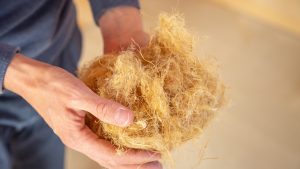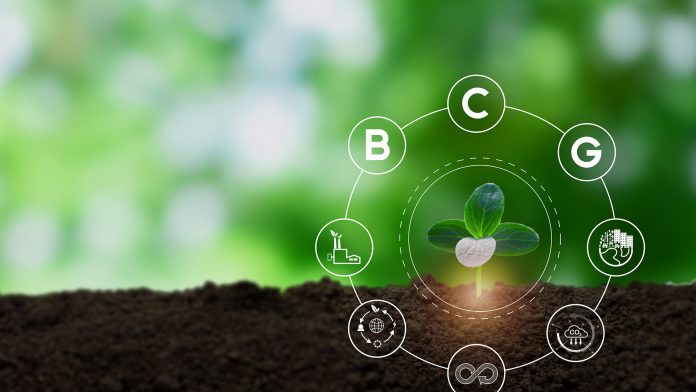Bio-LUSH, a Horizon Europe project led by Stockholm University, will extract resources from diverse plants to create sustainable bio-based fibres.
The Bio-LUSH Project drives a circular bioeconomy and supply chain through the use of several sustainable bio-based fibres, such as textiles, food packaging, and reinforced composites.
Supported by the EU-call Circular Bio-based Europe Joint Undertaking (CBE JU), the project also utilises underexplored biomass feedstocks such as hemp hurd, forest residues, nettle, and seagrasses to provide ecological benefits and avoid competition with food production.
How will the project support a sustainable bioeconomy?
The project optimises biomass value chains, develops green processing methods, and employs traditional breeding techniques to enhance the properties of these feedstocks. These methods all support a sustainable bioeconomy.
“Our goal is to maximise the use of underexploited biomass feedstocks and convert them into sustainable bio-based fibres for a range of bio-based applications,” said Professor Aji Mathew, coordinator of the Bio-LUSH Project.
He added: “With its low capital expenditure, Bio-LUSH offers a cost-effective solution suitable for small-scale productions.”

This approach allows for the processing of regionally collected materials, reducing transport costs and greenhouse gas emissions.
The Bio-LUSH Project brings several key innovations to the bio-based economy through its use of novel plant feedstock and ‘circular by design’ principles. Its creation of sustainable bio-based fibres also aligns with low pollution goals.
The project introduces quality indexing and sustainability indexing for efficient decision-making, benefiting bio-based SMEs, industries, and manufacturing.
The Bio-LUSH Project: Advancing a sustainable manufacturing industry
Another objective of the Bio-LUSH Project is to scale up sustainable bio-based fibres to meet specific processing and performance requirements in the manufacturing industry.
These versatile fibres find applications in melt processing, spinning, 3D printing, and other manufacturing processes.
Professor Mathew explained: “Our industrial partners have been actively engaged in the transition to a bio-fibrous economy, recognising it as a sustainable lifestyle for future generations.”
Maja Fišić, leader of the Bio-LUSH communication and dissemination work package, stated: “Through collaboration with the agro-sector and farmer communities and ensuring access to EU feedstock, Bio-LUSH promotes regional material processing while minimising environmental impact.
“These efforts propel the bio-based industry forward, creating tangible business opportunities for a sustainable future.”
Bio-LUSH brings together research, industry, policy, scientific and technical leaders in a consortium that includes several important research institutes.
Through a user-centred approach, the Bio-LUSH Project prioritises close collaboration and testing with end-users throughout the design and development process.
This dynamic consortium is committed to delivering practical results from its sustainable bio-based fibres that meet the evolving needs of the industry, providing optimal responses for maximum impact.









